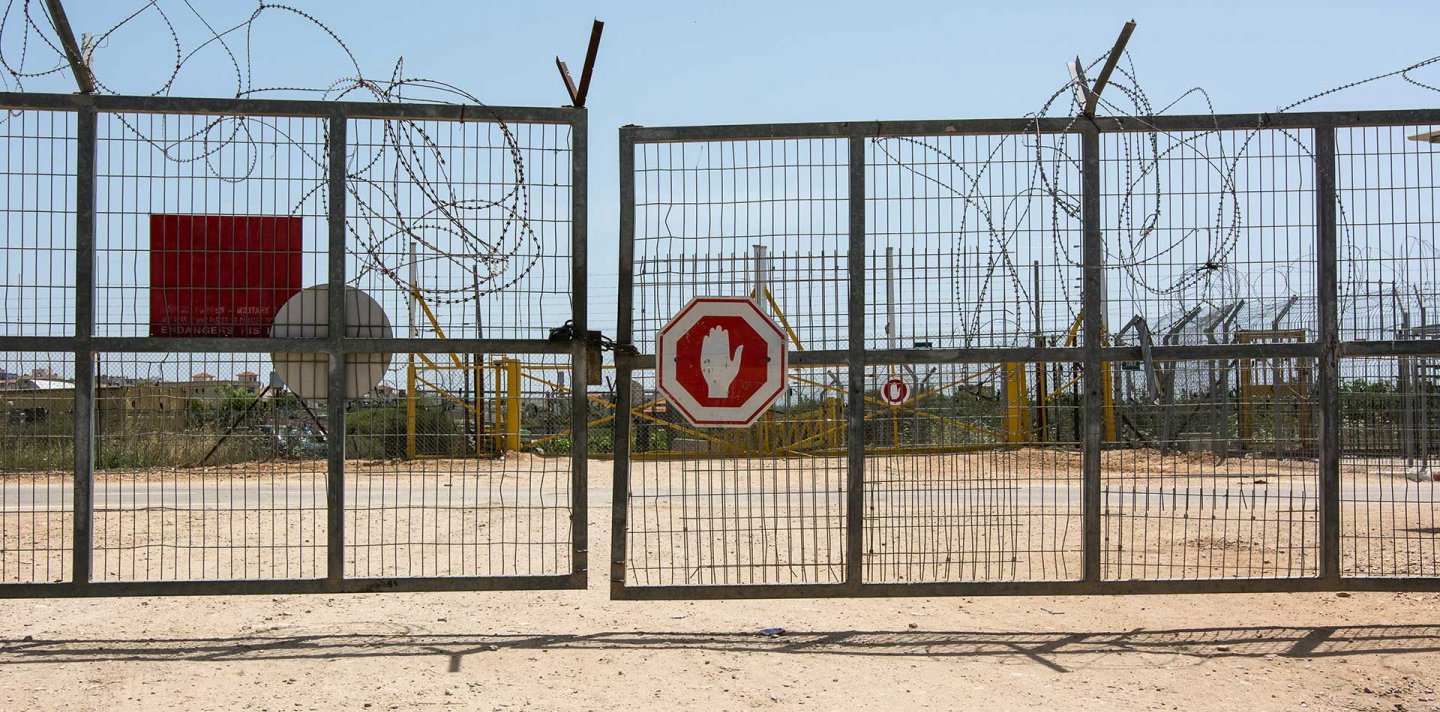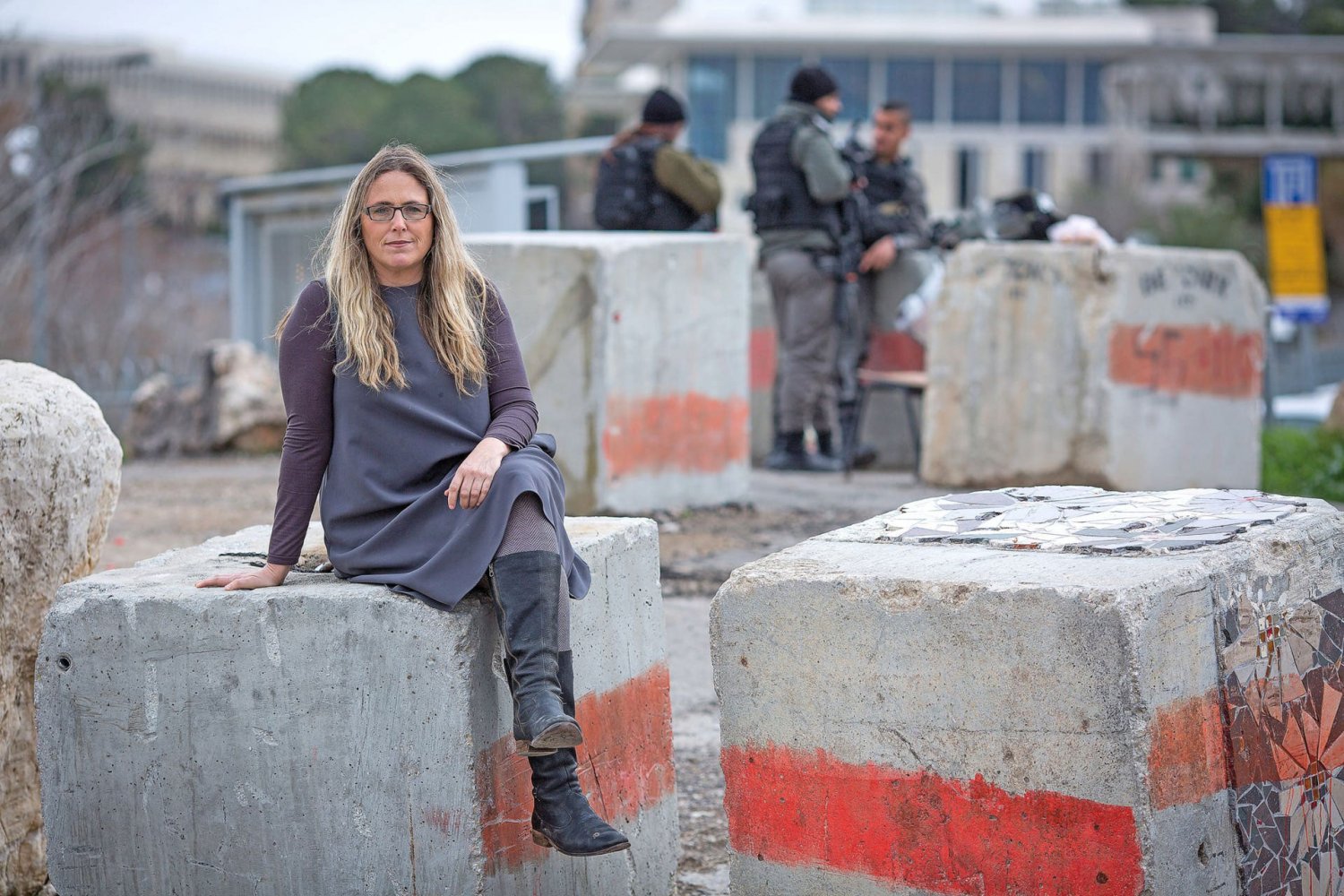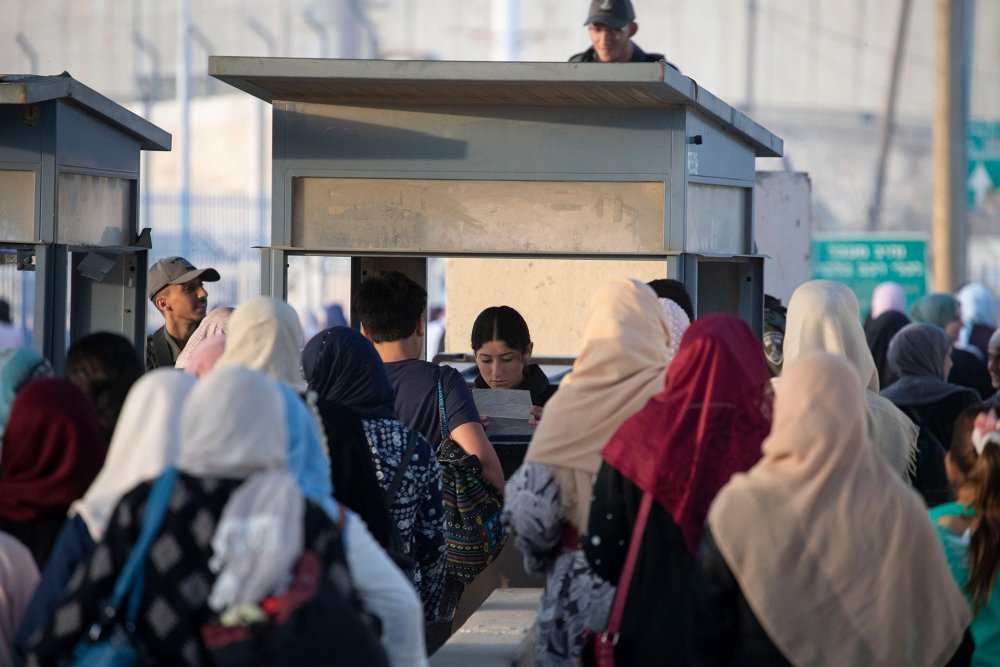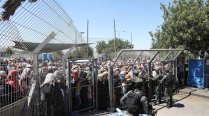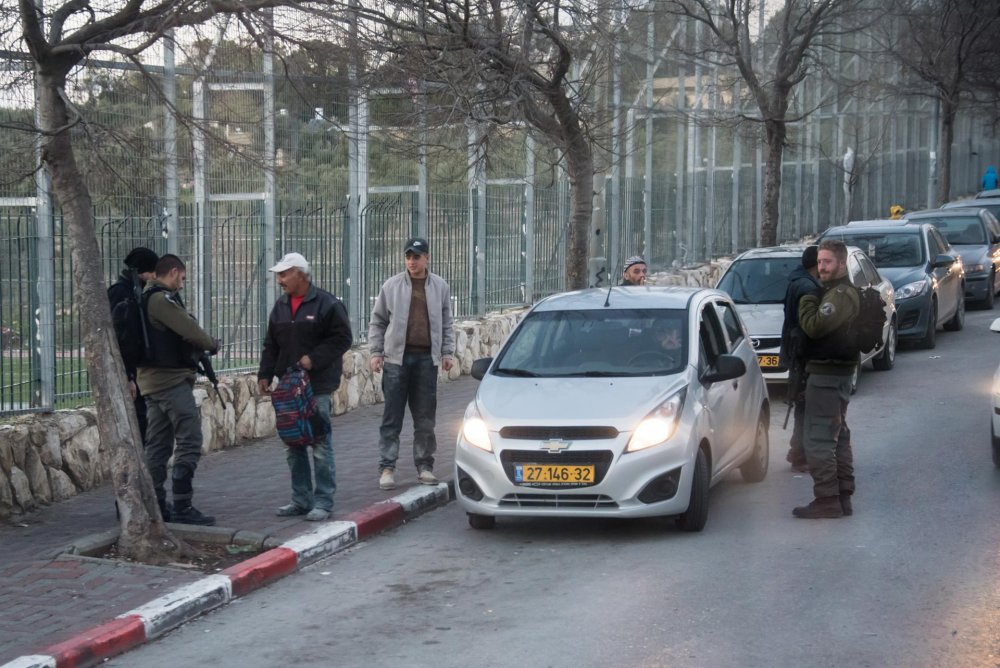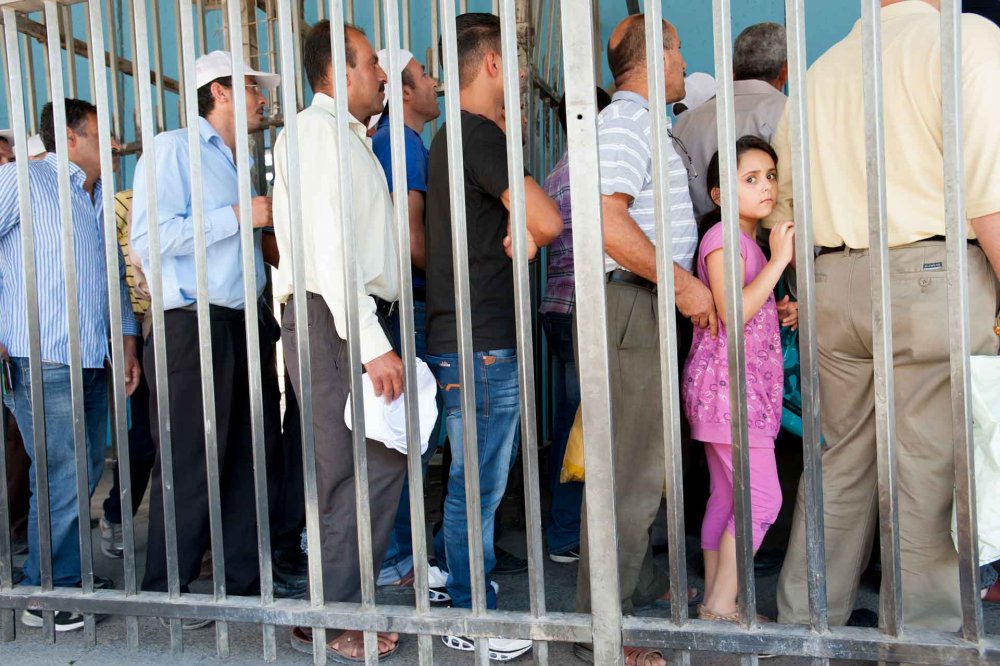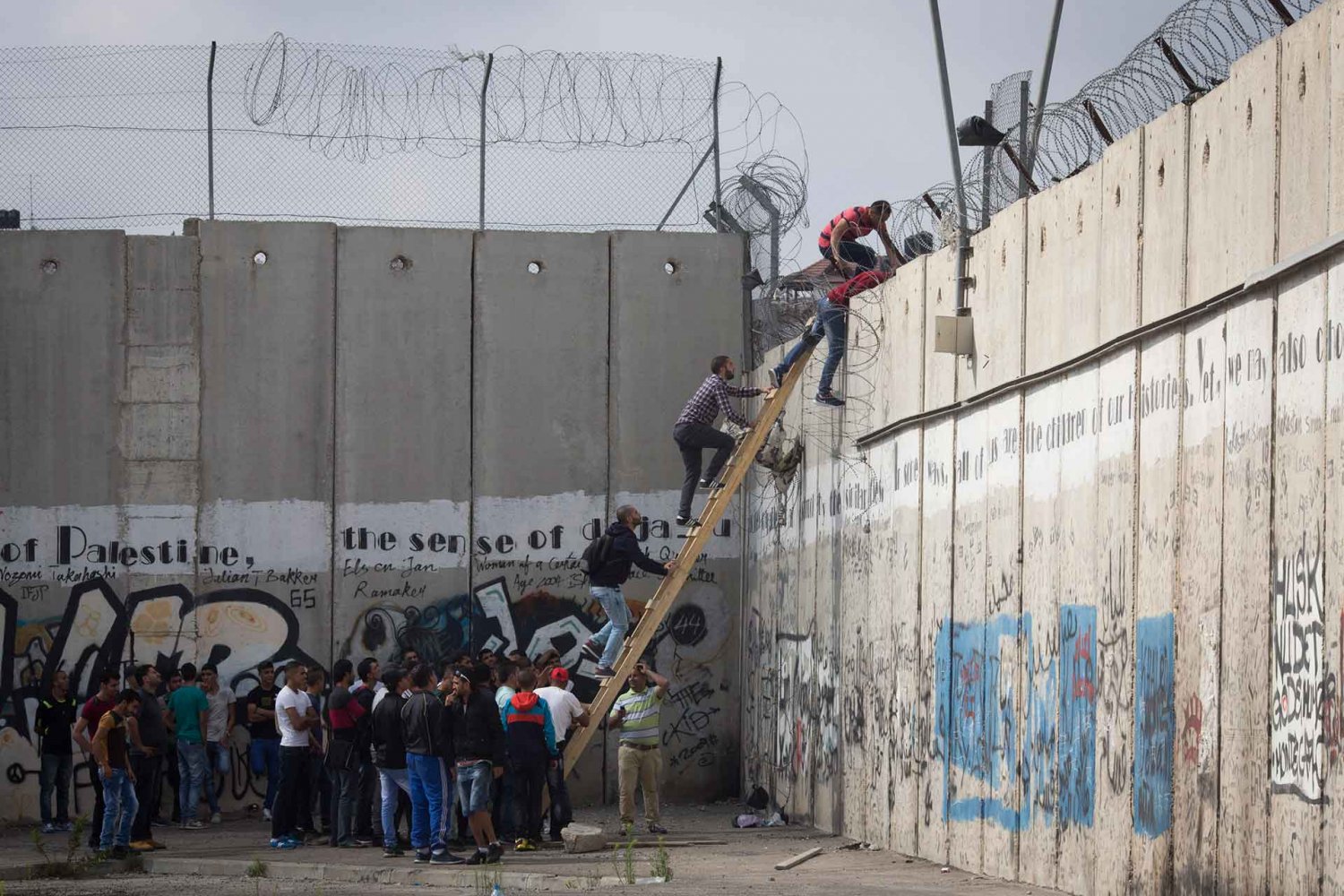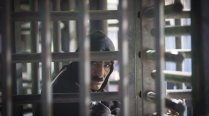Jerusalem Story: Thanks for joining us to discuss the topic of closure in the context of Jerusalem. Can you tell us a little bit about yourself?
Yael Berda: I’m Yael Berda. I am on the faculty at Hebrew University in the Department of Sociology and Anthropology. I’m also a lawyer, and I worked especially in international law and human rights. And I’ve written two books on the subject of the permit regime in the occupied territories. So closure is directly related to that issue. And I work on bureaucratic systems of control and population management—this is the thing that really interests me. I’m interested in it both from a political aspect and from a human rights aspect. And I’ve written on both.
JS: How did you become interested in this issue?
YB: There are two answers to that. I’ve been an activist from a very young age, from the age of 15. I was mostly into social justice issues—the right to housing, the right to education and culture; it took me a while to even realize that there was an occupation going on. In many ways, we Jewish Israelis are not taught the history of the occupation. And so it took me a while to even realize that a system of control was being put in place.
Like many others, I was very excited about the Oslo Accords as a teenager. And I put a lot of hope and faith into that process. But I grew to learn how detrimental the Oslo Accords had been for Palestinians. I became a human rights lawyer; I represented Palestinians mostly.
And then I literally stumbled upon this thing that I called the bureaucracy of the occupation. And nobody around me knew about it. At the time, I began to hear about these permits and work permits. And so I knew about checkpoints, and I even knew about the [Separation] Wall. But I didn’t know about this whole system of permits and closure. It wasn’t something that was known. When I began to ask people about it, I just saw that it wasn’t in the law; the Israeli public didn’t know about it. Palestinians knew about it, just from experience, but nobody could tell exactly what it was and how it was working.

